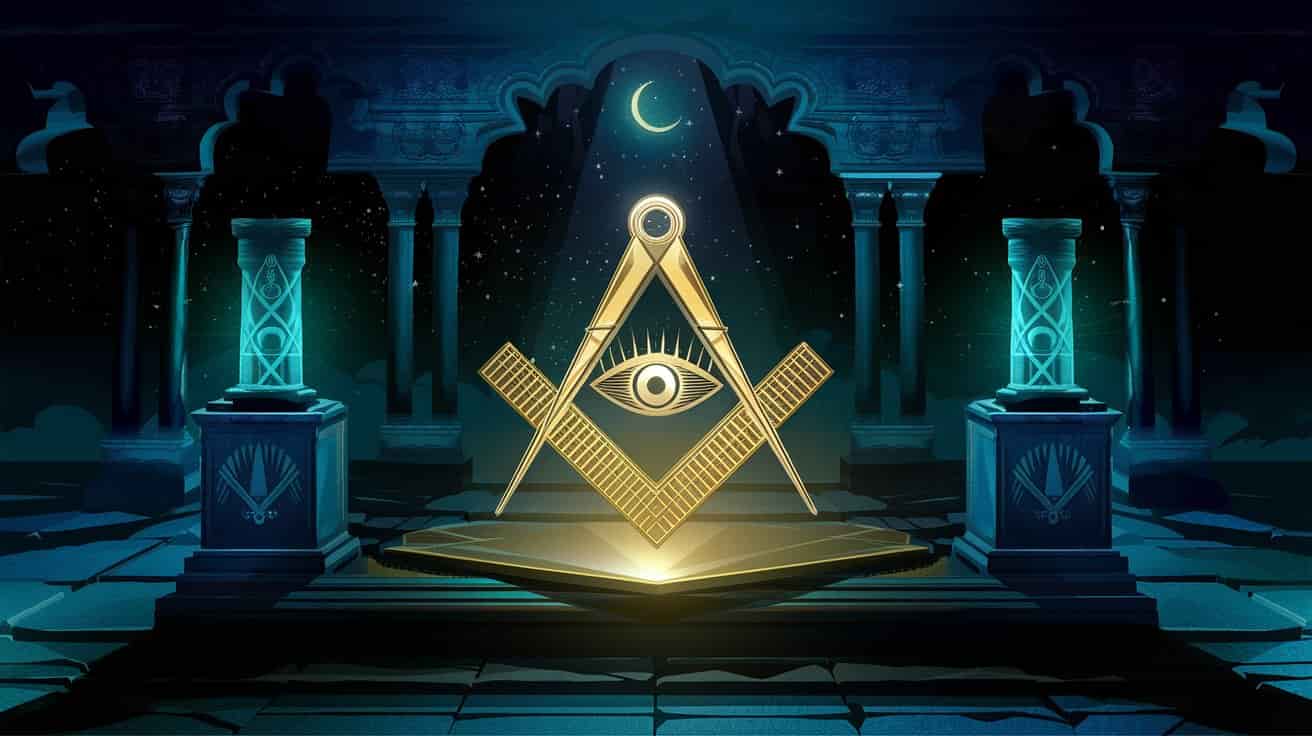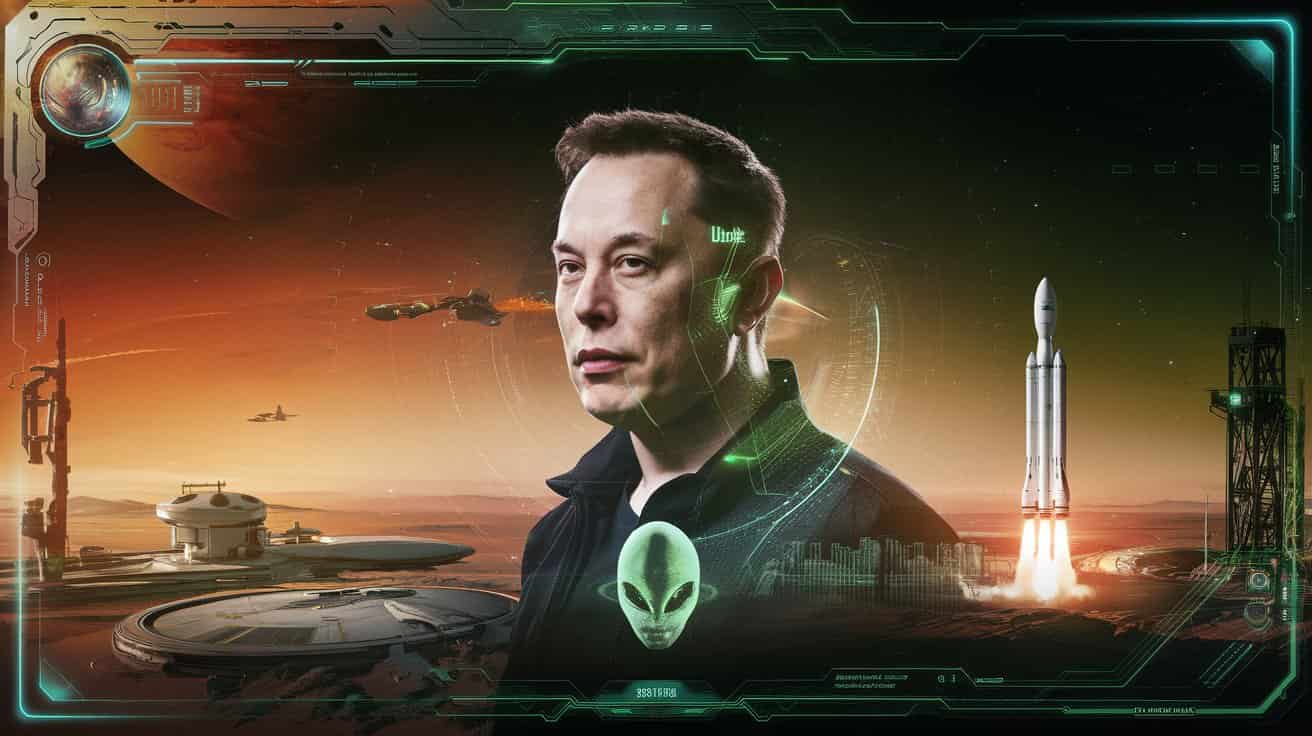Nikola Tesla: The Visionary Who Changed the World
Nikola Tesla, an inventor, electrical engineer, and futurist, is often hailed as one of the most influential figures in science and technology. Born on July 10, 1856, in Smiljan (now part of Croatia), Tesla’s innovations continue to shape the modern world. Despite facing many challenges and financial difficulties, his legacy has inspired generations of inventors and scientists.
Early Life and Education
Tesla showed an early passion for innovation. Born to a Serbian family, with his father being a priest and writer and his mother an inventor of household devices, Tesla exhibited exceptional intelligence. He excelled in mathematics and engineering from a young age. After attending the Technical University of Graz and the University of Prague, he further developed his electrical engineering expertise.
The Start of His Career
Tesla began his professional career in Europe before moving to the United States in 1884. Armed with a letter of recommendation, he quickly gained attention in New York, where he began working for Thomas Edison, a well-known inventor in the electrical field. However, it didn’t take long before Tesla’s expertise in alternating current (AC) led to disagreements with Edison, who favored direct current (DC).
The War of Currents: AC vs. DC
Tesla’s contributions to electrical engineering became most notable during the “War of Currents,” a battle between the DC and AC systems. While Edison strongly backed DC, Tesla firmly believed that AC was a more efficient and practical system for transmitting electricity over long distances.
In 1888, Tesla partnered with industrialist George Westinghouse, who shared his belief in the potential of AC. Together, they demonstrated the advantages of alternating current, which led to its widespread adoption. Their success was cemented when AC powered the first major hydroelectric power plant at Niagara Falls in 1895.
Tesla’s Key Inventions and Discoveries
Tesla’s legacy rests on numerous inventions that have transformed modern technology. While he didn’t always receive financial rewards for his work, many of his ideas remain crucial in industries today:
- The Induction Motor: Tesla invented the induction motor, a major breakthrough that operates on alternating current. This motor revolutionized the field of electric motors and continues to be used in a variety of applications today.
- The Tesla Coil: The Tesla coil is one of Tesla’s most iconic inventions. It is a high-voltage transformer used in many applications, such as wireless transmission and medical devices. It also helped pave the way for wireless communication.
- Wireless Power Transmission: Tesla envisioned a world where electricity could be transmitted wirelessly. His research on wireless energy transmission laid the groundwork for wireless technologies like radio and Wi-Fi.
- Radio: While Guglielmo Marconi is often credited with inventing the radio, Tesla had already developed the technology to transmit wireless signals long before Marconi. In 1943, the U.S. Supreme Court awarded Tesla the patent for the invention of radio.
- X-Rays: Tesla explored the technology behind X-rays before Wilhelm Roentgen’s famous discovery. Tesla’s experiments contributed significantly to the understanding of X-rays, although his work didn’t receive as much recognition as that of other scientists.
- The Tesla Turbine: Tesla designed a bladeless turbine that used smooth discs to capture energy from steam or air. While the turbine didn’t see widespread use in his time, its design influenced modern energy technologies.
Nikola Tesla ’s Later Years and Legacy
Despite his monumental contributions to science and technology, Tesla struggled with financial difficulties throughout his life. He spent his later years living in relative obscurity, often in New York City hotels, while pursuing various projects, including the ambitious Wardenclyffe Tower. This project aimed to provide wireless transmission of electricity around the globe, but Tesla couldn’t secure enough funding to complete it.
Tesla died on January 7, 1943, largely unrecognized and in poverty. However, in the years following his death, his genius gained increasing recognition. Today, his inventions continue to inspire innovation in fields such as energy, communications, and healthcare.
Nikola Tesla ’s Influence on Modern Technology
Tesla’s work is foundational to many of the technologies we rely on today. From the development of the modern electrical grid to electric vehicles and wireless communication, Tesla’s inventions shaped the modern world.
- The Electrical Grid: Tesla’s work on alternating current laid the foundation for the global electricity distribution system that powers homes and businesses around the world.
- Electric Vehicles: Tesla’s vision for sustainable energy has also inspired the modern electric vehicle revolution, notably through the company Tesla Inc., named in his honor.
- Wireless Communication: Tesla’s work in wireless transmission has directly influenced the development of modern technologies such as radio, television, and wireless internet.
- Renewable Energy: Tesla’s interest in sustainable, renewable energy sources continues to influence current efforts to move away from fossil fuels. His vision of free energy for all remains an ideal that inspires modern research into solar, wind, and other renewable energy technologies.
Nikola Tesla ’s Enduring Legacy
Nikola Tesla ’s life story exemplifies the power of vision, imagination, and perseverance. Despite facing financial hardship and a lack of recognition during his lifetime, his contributions to science and technology have had a lasting impact. Tesla’s legacy is reflected in the technologies that continue to shape our world today.
Nikola Tesla represents the best of human ingenuity—the ability to imagine what others cannot and to make those dreams a reality. His vision continues to inspire new generations of scientists, engineers, and innovators who are changing the world.
Nikola Tesla ’s life and work stand as a testament to the transformative power of human creativity and innovation. His contributions to electrical engineering and his groundbreaking inventions laid the foundation for many of the technologies we rely on today. Tesla’s life story reminds us of the importance of vision, determination, and the pursuit of knowledge. His legacy will continue to influence the world for generations to come.



Post Comment